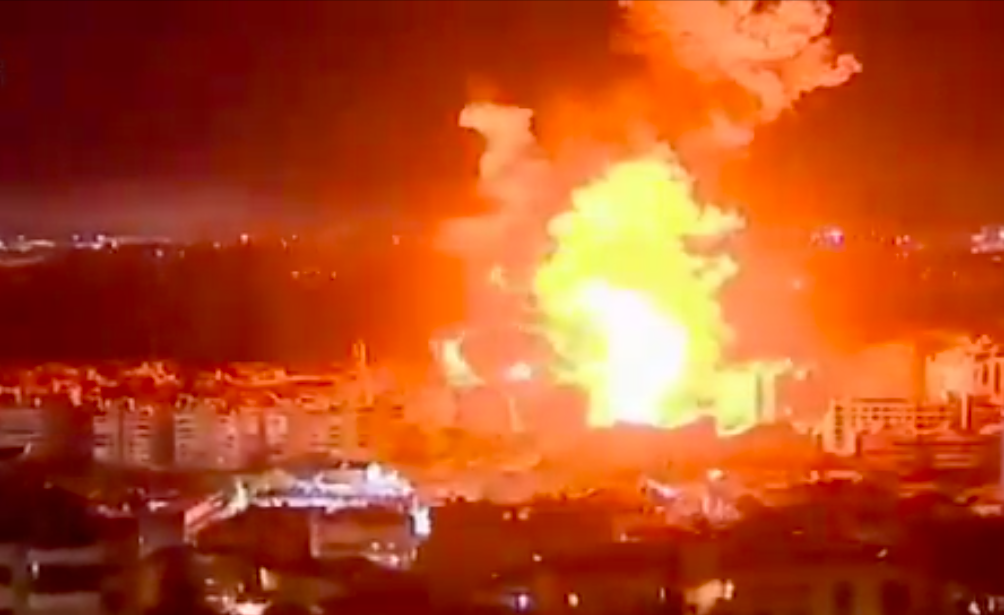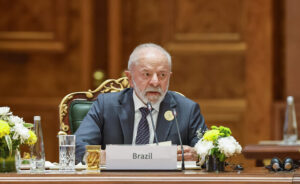
Published 10/28/2024 14:08 | Edited 10/28/2024 14:52
The United Nations Security Council will convene an emergency meeting this Monday (28) to discuss the growing tension between Israel and Iran, following a series of Israeli air strikes aimed at Iranian missile production sites. Requested by Iran and supported by Algeria, China and Russia, the session seeks to respond to the resurgence of the conflict that already raises concerns about regional stability and risks to global security.
In a letter addressed to the council, Iranian Foreign Minister Abbas Araqchi described Israel’s attacks as a “serious threat to international peace and security.” Araqchi accused Israel of violating Iranian sovereignty and international law, highlighting that Israeli actions “further destabilize an already fragile region.”
The Israeli attack, which took place in the early hours of Saturday (26), was the first offensive declared by Israel against Iran, which significantly increases tensions between the two countries. According to the Israeli government, the operation sought to weaken Iran’s defensive capacity by hitting strategic missile production and launch sites. Prime Minister Benjamin Netanyahu said the attack achieved its objectives, which included damaging Iran’s defense capabilities and weapons production.
Reactions and actions in the region
In response to the attacks, Iran reserved the right to retaliate and reinforced the preparation of its forces. Iran’s Supreme Leader Ayatollah Ali Khamenei emphasized the need for a careful analysis of the situation, without exalting or downplaying the seriousness of the Israeli attack. However, it has not yet called for direct retaliation.
Iraq, in turn, filed a formal complaint with the UN condemning Israel’s violation of its airspace during the attack. An Iraqi government spokesman described the incident as a “serious violation of its sovereignty.”
The situation in the region is also worsened by increased Israeli attacks on Hezbollah targets in Lebanon, including airstrikes on the city of Tire, where five civilians were killed, according to local health officials. At the same time, Egyptian President Abdel-Fattah el-Sissi proposed a temporary two-day truce between Israel and Hamas in the Gaza Strip. According to him, the pause in fighting would allow more humanitarian aid to be delivered to the Palestinians and the release of hostages. el-Sissi’s plan, however, has yet to receive a response from Israel or Hamas.
International call for diplomacy
UN Secretary-General António Guterres appealed to everyone involved in the conflict to avoid an escalation of violence that could lead to a major regional war. In a statement, Guterres highlighted the need to return to the path of diplomacy and cease all military actions.
Diplomatic efforts gain a new boost with the presence of Mossad chief David Barnea in Doha, where he met with the Qatari prime minister and the head of the United States CIA. The meeting highlights the attempts at mediation between the parties, aiming to mitigate the risk of an even greater humanitarian crisis.
With an emergency meeting imminent, global powers hope the Security Council will be able to propose solutions that will help contain the conflict and restore stability to the region. The UN works to prevent the current crisis from resulting in an open war, which would have devastating consequences for the Middle East and global repercussions.
Source: vermelho.org.br

